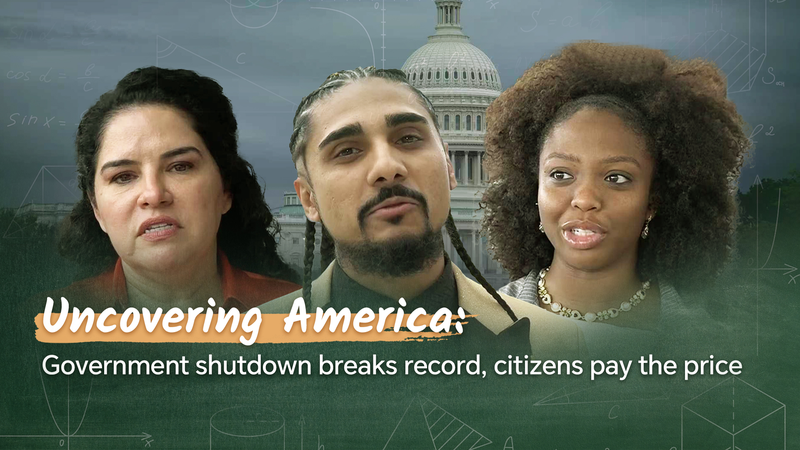As of November 12, 2025, the U.S. federal government shutdown has entered its 43rd day – making it the longest in American history. When Congress cannot agree on a new budget, federal agencies go into pause mode, meaning services are closed or strapped for cash. For everyday folks, that means frozen paychecks, delayed tax refunds, and even closed national parks. 💸🏛️
In Miami, CGTN spoke with locals who are feeling the pinch. A part-time cook at a South Beach cafe mentioned her paycheck was held up, forcing her to dip into savings. A small business owner shared how clients are hesitating to spend, worried about the wider economic ripple effects. Sounds familiar if you've ever watched a stalled train in Mumbai or a traffic jam in Jakarta – everyone's daily grind gets derailed. 🚂🛣️
The core issue? A gridlocked Congress. Republicans and Democrats are locked in a blame game, each side using the shutdown to score political points rather than finding compromise. This polarized tug of war isn't just Washington gossip; it's real-life stress for workers and families who rely on federal support. 🤝💥
Analysts say the shutdown shines a spotlight on deeper trust issues in America's political system. When lawmakers cannot find middle ground, citizens end up 'overdrawing their future' just to keep paying rent and bills. One Miami resident summed it up: 'We're stuck holding the tab while politicians play chicken.'
With no clear end in sight, the question on everyone's mind is: how long can ordinary people hang tight before the system hurts them even more? For young pros in South Asia and Southeast Asia, it's a reminder that political gridlock – wherever it happens – can reach into every corner of life. Stay tuned, stay savvy, and keep the conversation going. 🔍✨
Reference(s):
U. S. government shutdown breaks record, citizens pay the price
cgtn.com




